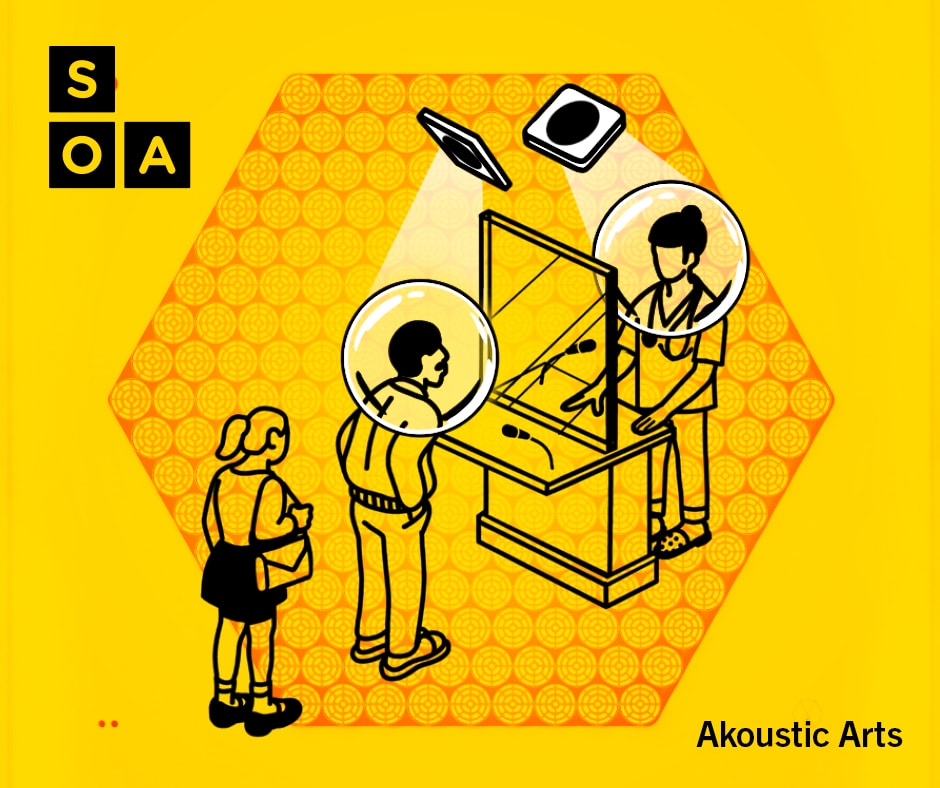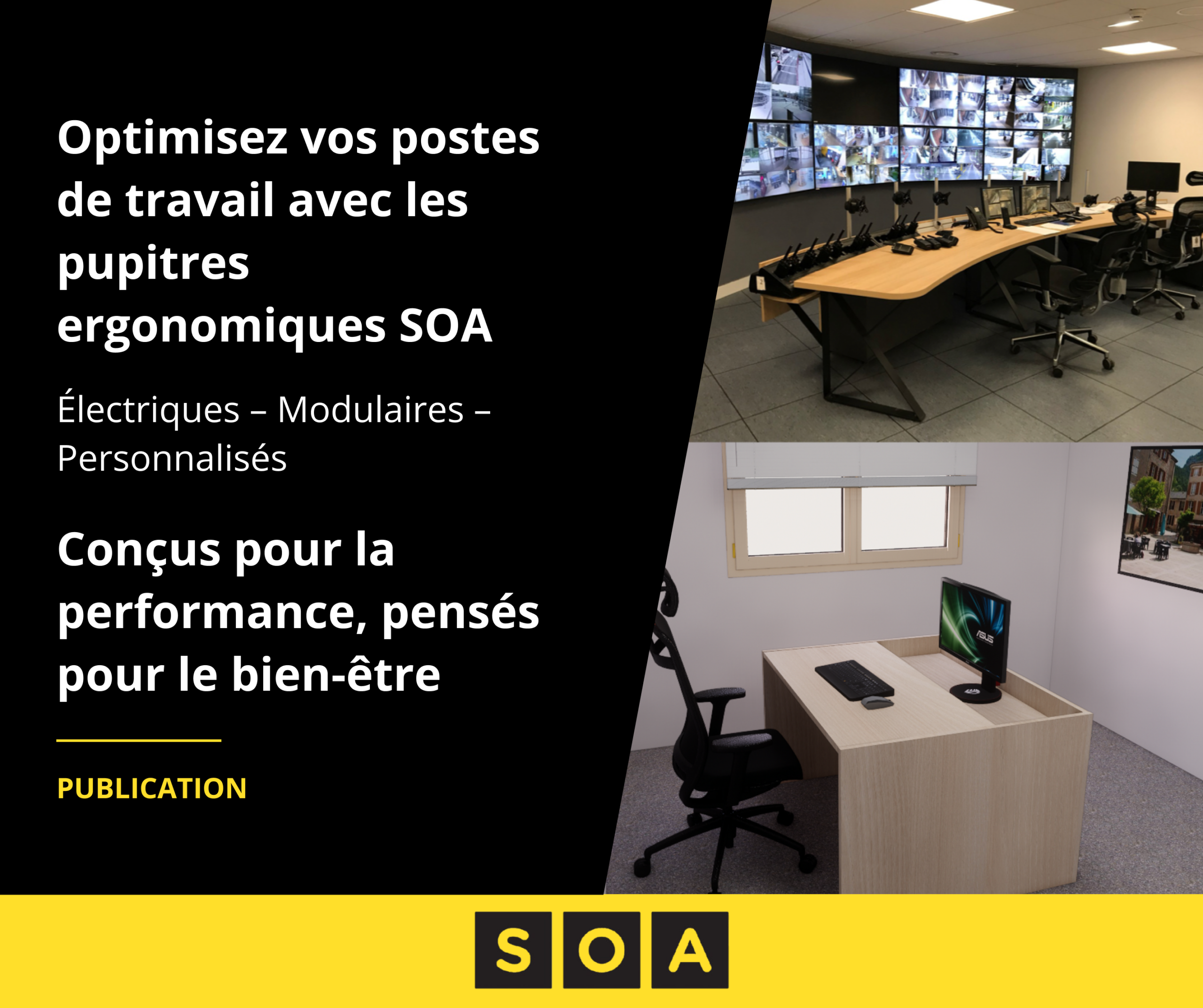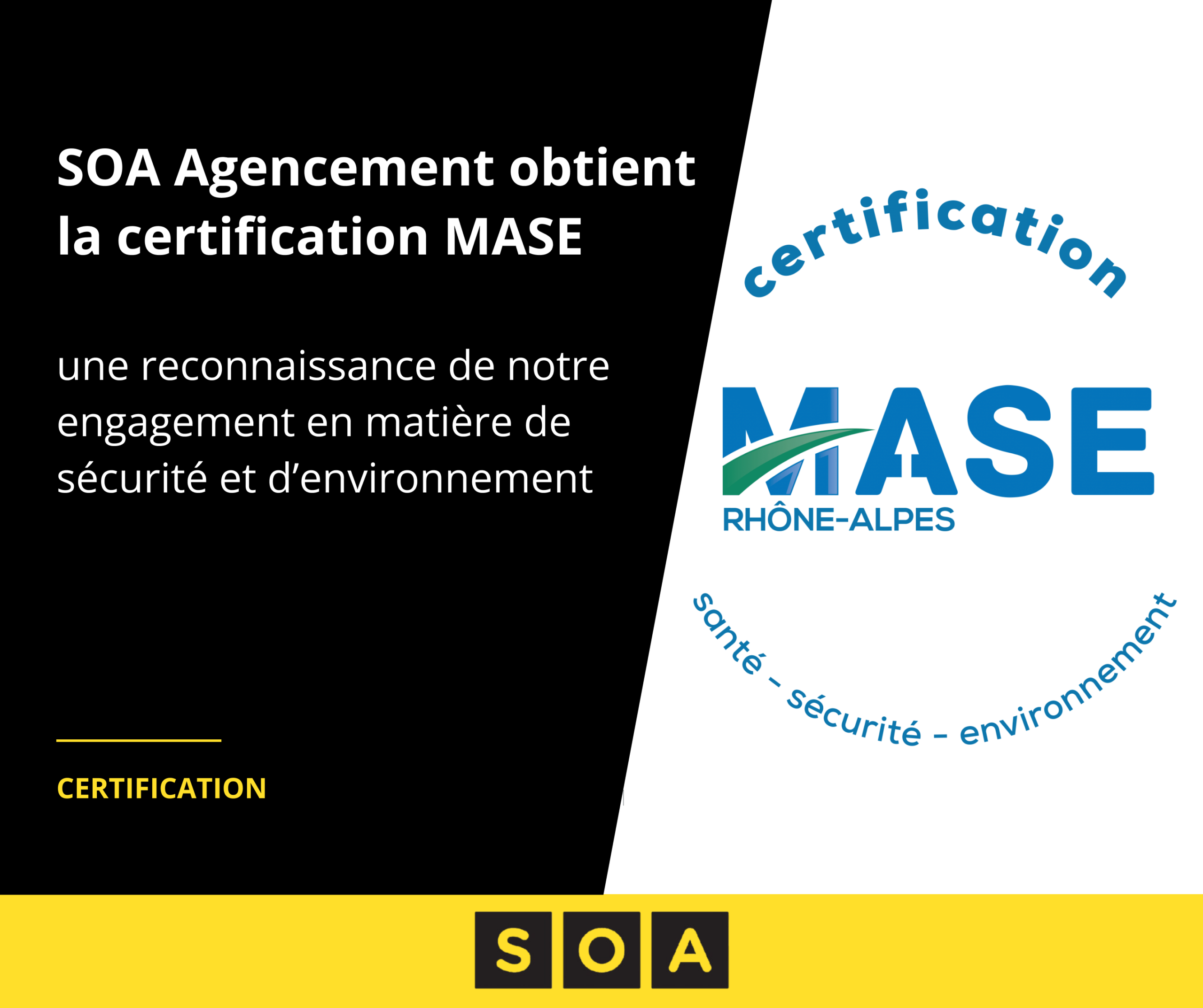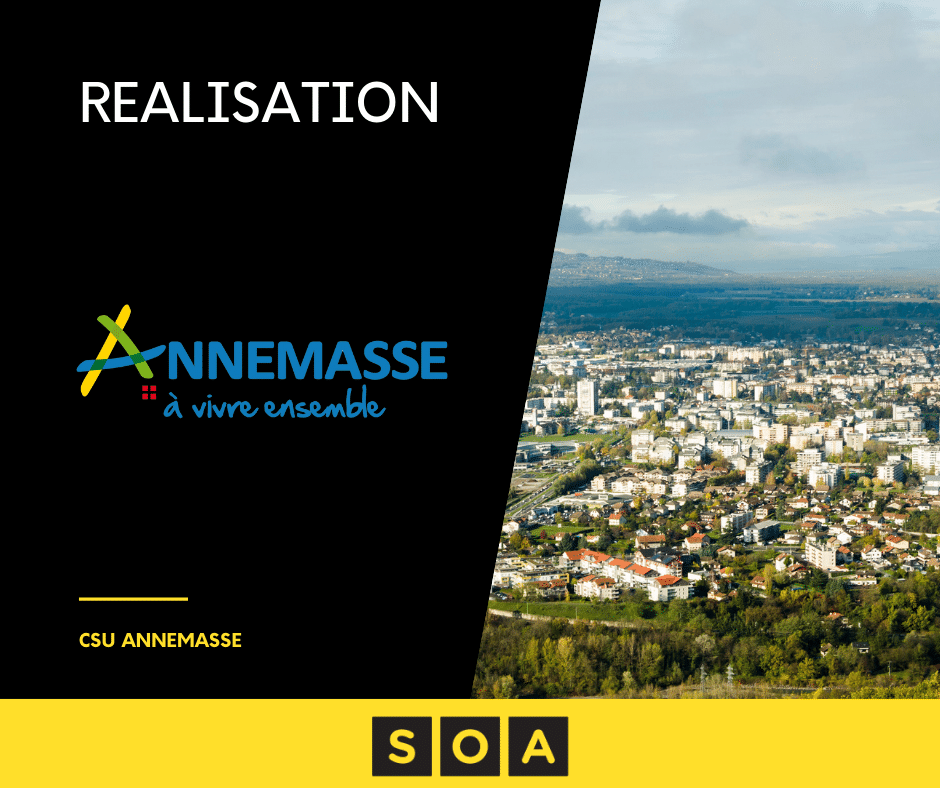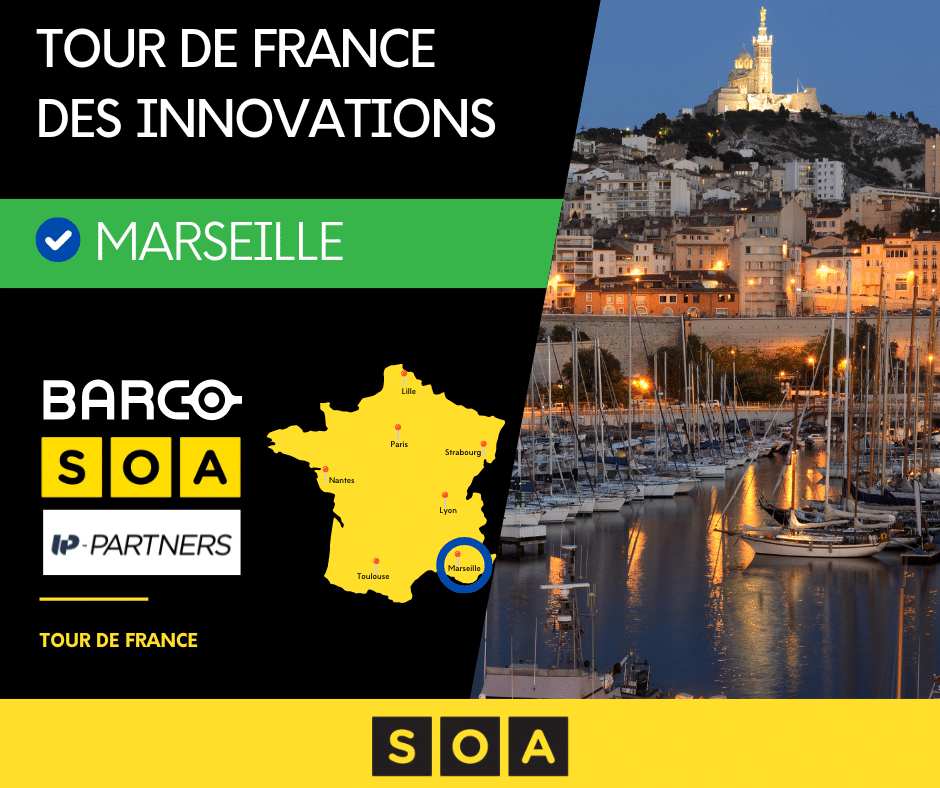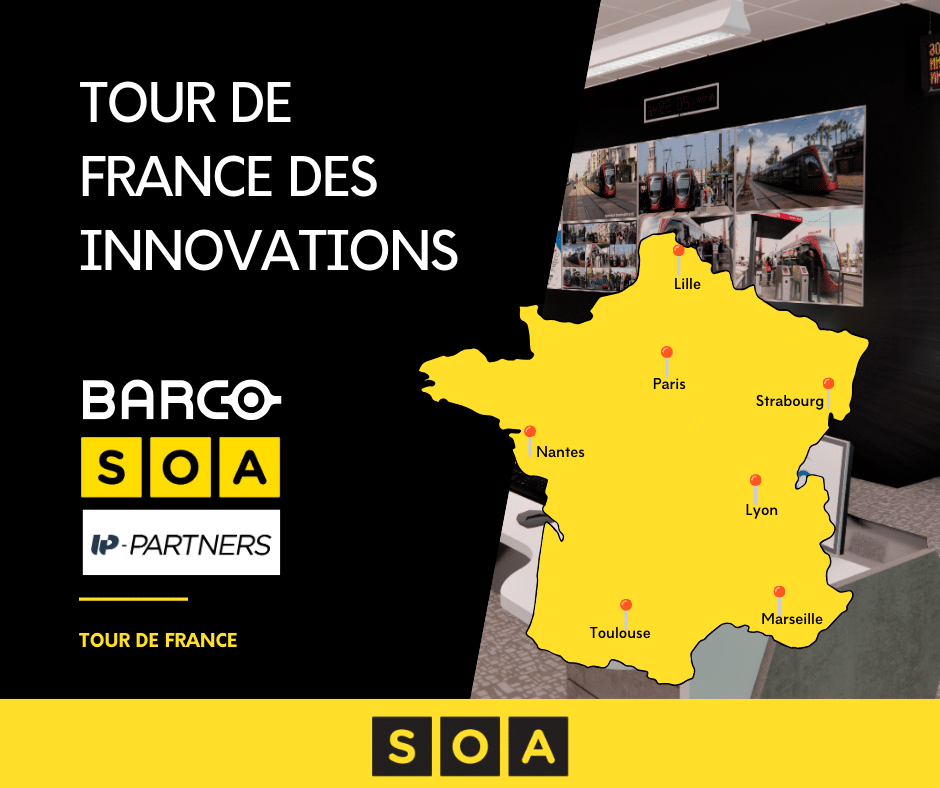Confidentiality in public spaces is one of the most sensitive issues when it comes to the design of open spaces open to the public.
Whether in a social or health context, confidentiality is the guarantee of data security, user privacy and professional secrecy.
To meet the challenge of confidentiality in open-plan environments, there are many solutions, but achieving them can be a risky business.
Identifying problems arising from lack of confidentiality in open spaces
In many structures open to the public, it is difficult to ensure the confidentiality of exchanges that take place, given the number of people who use these places.
This is a real problem, because revealing personal information not only makes people feel uncomfortable, it's also a crime.
If it's compromising information, it's even more serious.
According to a survey carried out for Dolmen Technologies by OpinionWay in June 2019, the French are very concerned about the confidentiality of their personal data.
In fact, according to the study, 92% of French people surveyed consider the protection of their personal data and information to be very important.
What's more, 93% believe that their personal data and information should be better protected.
These figures clearly show that a feeling of lack of confidentiality is a major problem for site visitors.
To address these concerns, sanitary precautions such as distancing people in public places, structuring buildings in such a way as to respect the confidentiality of information in circulation, or restricting access to areas to a specific staff or number of people are used.
Classic layout solutions with average results
Various devices are used in areas open to the public to enhance the confidentiality of exchanges.
These means vary depending on the location in question, but also on the frequency of people using the space.
For medical centers, for example, the obligation of professional secrecy is the primary reason for implementing distancing devices to ensure the confidentiality of patients' personal data from healthcare staff.
Soundproofing the medical practice and creating enclosed areas are some of the common solutions implemented.
For companies and public administrations, the confidentiality of open-space exchanges is an equally important issue.
In airports, there are areas where access is restricted to specific personnel.
Unauthorized access to these areas is therefore prohibited. This organization is designed to prevent any problems of confidentiality of personal data that may arise.
In companies, airports, public or private administrations, sensitive data is stored on secure servers.
Exchanges take place in soundproofed rooms to ensure the confidentiality of exchanges or personal data. However, there are a number of shortcomings in the solutions usually used.
What are these shortcomings?
The reception areas of most of these structures are often open to all.
As a result, the confidentiality of exchanges at this time is by no means guaranteed.
Rooms used for meetings, medical analyses (in the case of hospitals), if not soundproofed, can let information be heard by anyone in a close enough radius.
However, the leakage of confidential information can be a real danger that can jeopardize an individual or an entire organization.
Improving the confidentiality of exchanges calls for an innovative and more qualitative approach.
Hygienaphone use in areas open to the public: the notion of confidentiality at risk
To ensure the protection of reception staff and the public, most administrative structures adopt the use of a hygiaphone.
But in a way, this system runs counter to the need to protect the confidentiality of exchanges between counter staff and customers.
Why?
The hygienaphone reduces outside noise and sends a clearer sound to the teller on the other side. But when it comes to the return sound, i.e. the response for the visitor, it can be perceived by everyone in the vicinity. Other hygienaphones even feature loudspeakers to amplify the sound.
In this case, the visitor's confidentiality is at risk.
A more appropriate solution would be to install a device that limits sound to visitors only.
SOA Agencement offers you the best solution for confidential exchanges
In addition to working on the acoustics of the space, SOA Agencement offers innovative Akoustic Arts equipment that breaks with traditional solutions.
The Akoustic Arts solution selected by the SOA design office is an excellent way of improving the quality of your services, while maintaining the utmost confidentiality.
This device, consisting of a directional sound enclosure, creates "bubbles" of sound that target only the person concerned.
Sharing information is therefore a matter of two people: the agent and the visitor.
Designed with a powerful system capable of executing over 2.4 billion calculations in a second, this innovative solution offers a level of performance superior to current devices.
Directional intercoms offer a better user/agent experience compatible with social distancing standards.
When can Accoustic Art be used?
The Akoustic Arts directional sound enclosure can be used in many structures open to the public where confidentiality in exchanges would be threatened.
It can be used in airports, hospital reception areas, public administrations, museums, simple pharmacies or even certain points of sale.
In a hospital, for example, the patient can present his or her problem without being listened to by everyone.
For a simple point-of-sale or pharmacy, for example, the use of Akoustic Arts directional loudspeakers enables customers to place their orders discreetly.
These are the only exchanges between the teller and the customer. Naturally, this would generate a feeling of trust in the customer.
If you manage public administrative buildings that receive a lot of people, using a directional enclosure is an excellent way of ensuring that professional secrecy and the need for confidentiality between you and your visitors are not jeopardized.
Contact SOA now to discuss your project
Our design office remains at your disposal despite the confinement.
We'll be happy to meet with you by videoconference or telephone to discuss a new project or the renovation of your open spaces. What's more, we make confidentiality a priority.

